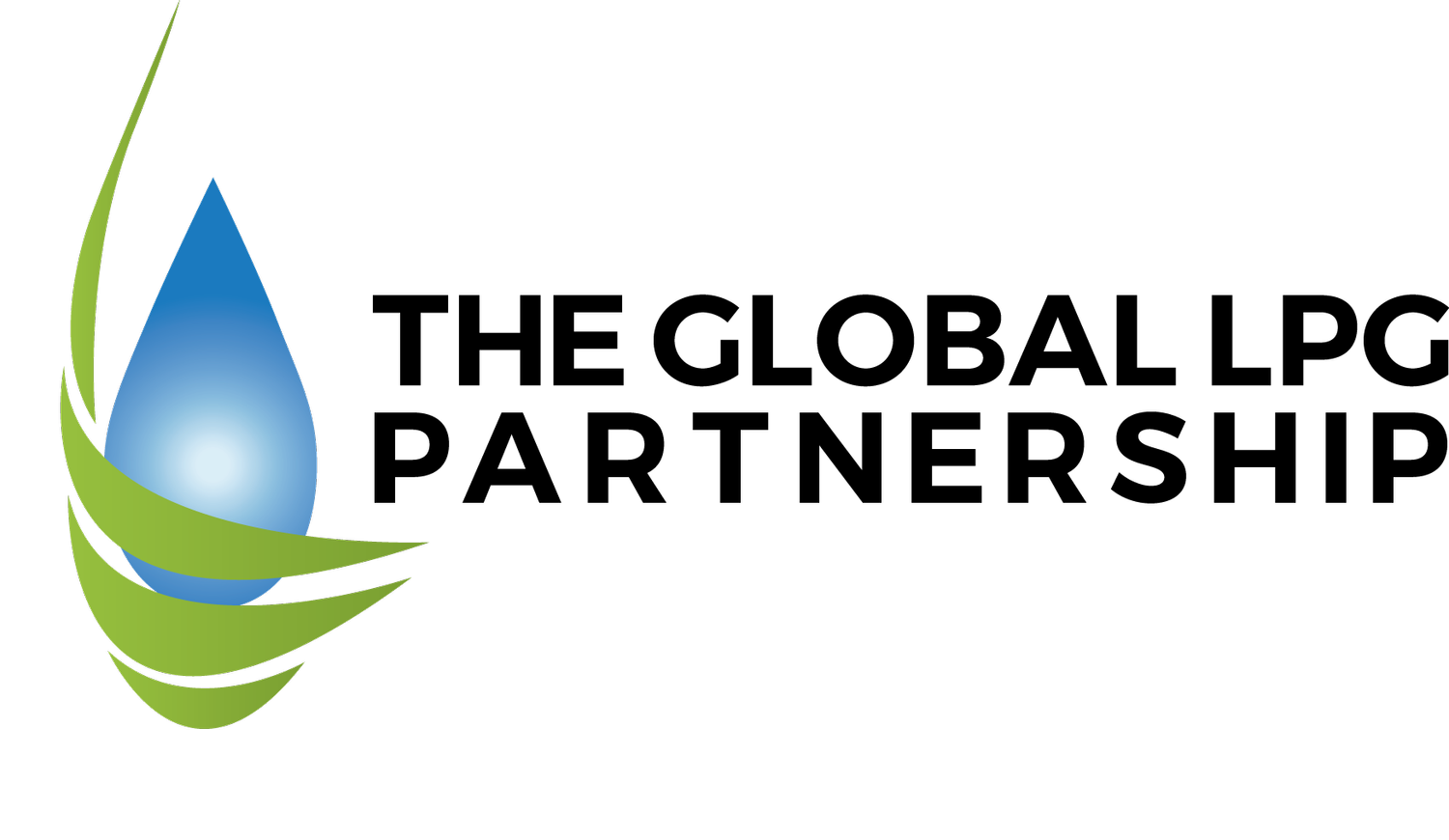Clean Cooking Fuels For SDG7: Moving Beyond the Improved Stove
Partner Working Session at the Sustainable Energy For All Forum, Lisbon, Portugal
May 2, 2018
This multi-stakeholder, interactive session, developed and moderated by GLPGP, focused on addressing the massive transition towards the sustained adoption of affordable, healthier and more environmentally friendly cooking fuels required in a collective "push" towards reaching SDG7 by 2030.
Breakout discussion groups explored five facets of cooking fuels: policy; market assessment/pathways; investment; innovations, and consumer, community and national case studies/models. Conversations focused on issue areas still requiring support at international and national levels to catalyze safe, effective models of what sustainable clean cooking looks like.
Outcomes
The breakout group discussions identified several key shared policy and programmatic focus areas to guide future clean cooking actions:
- The importance of building capacity for policy implementation, and the need for a collaborative approach across ministries and between governments and the public. Country-to-country knowledge building and exchange is also helpful.
- A market-based approach should be taken regarding the provision of clean cooking fuels, as giveaways distort markets. The clean cooking sector needs patient capital from investors with a commitment to learning and impact. De-risking instruments, such as first-loss guarantees may be required. Applicability of lessons from other sectors, such as the success of Pay-As-You-Go solar, should be explored for clean cooking.
- Innovative approaches can help improve affordability and access of clean fuels. Research and development (R&D) efforts by the academic community and the private sector are needed. A re-framing of issues may also be helpful – e.g. considering biogas development as a waste management solution in addition to a clean energy solution.
- Sustainability is a key consideration for any program. Stove stacking is a reality, and adoption of clean fuels does not always lead to sustained use. Addressing issues around cultural appropriateness and a focus on women (as primary users of energy) will improve program sustainability.
Next Steps
Results from the discussion will feed into and guide the evolving program of SEforALL’s activities around clean cooking. They will complement the overall call to action to the international community for a greater focus explicitly on cooking fuels and their supply chains, and key determinants for building them rapidly, sustainably and extensively in support of SDG7 and related goals.

